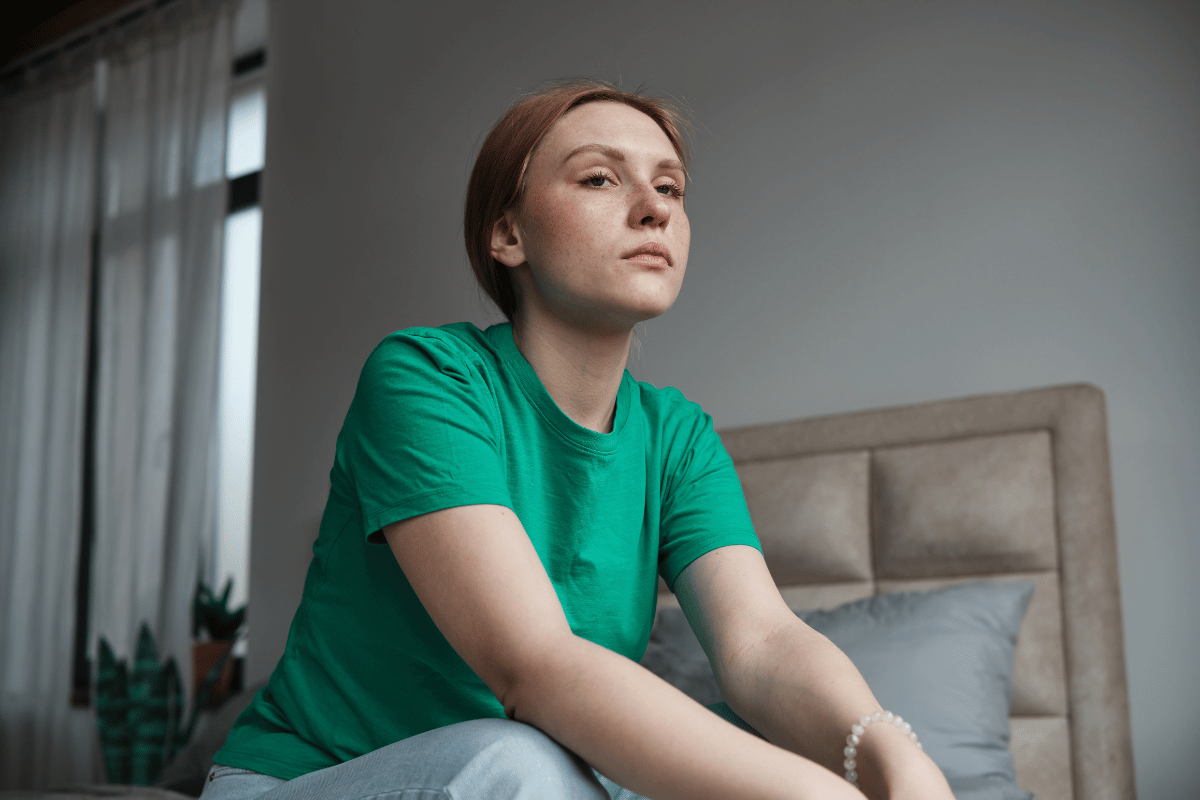

Many people are feeling lonelier and more disconnected than ever — a harsh but sad fact.
According to Medibank's research with The Growth Distillery, one in four Gen Z and Millennials report feeling loneliness and isolation as an everyday stressor. In particular, the research found that Millennials have the lowest average number of people to turn to for support.
Dr Ali Walker is a human connection scientist who explores the paradox of modern loneliness.




























































































